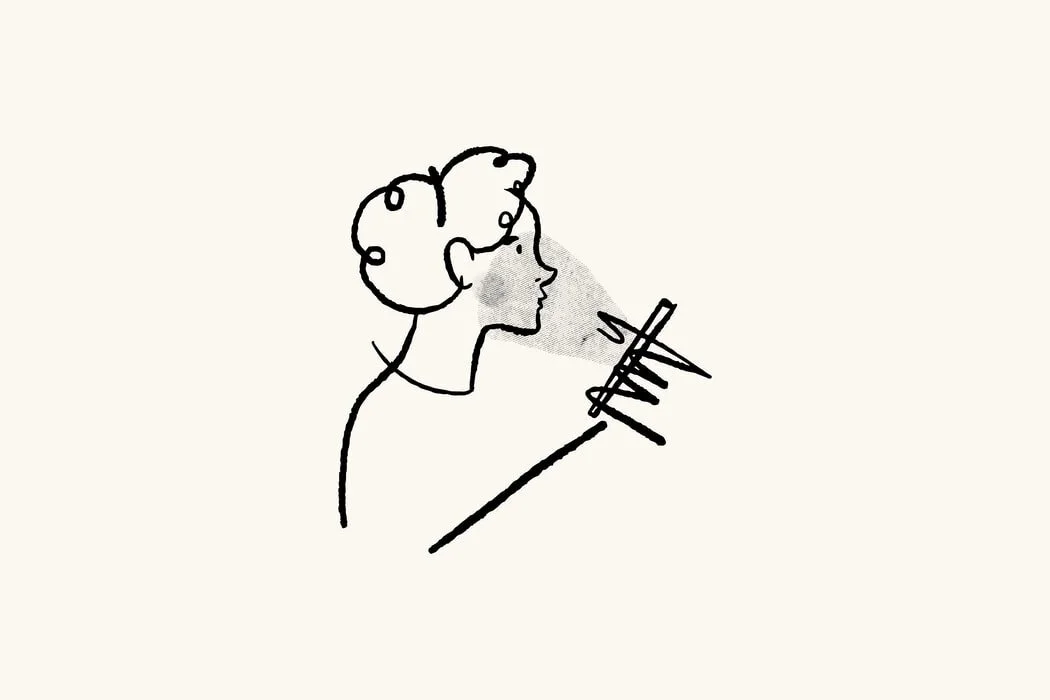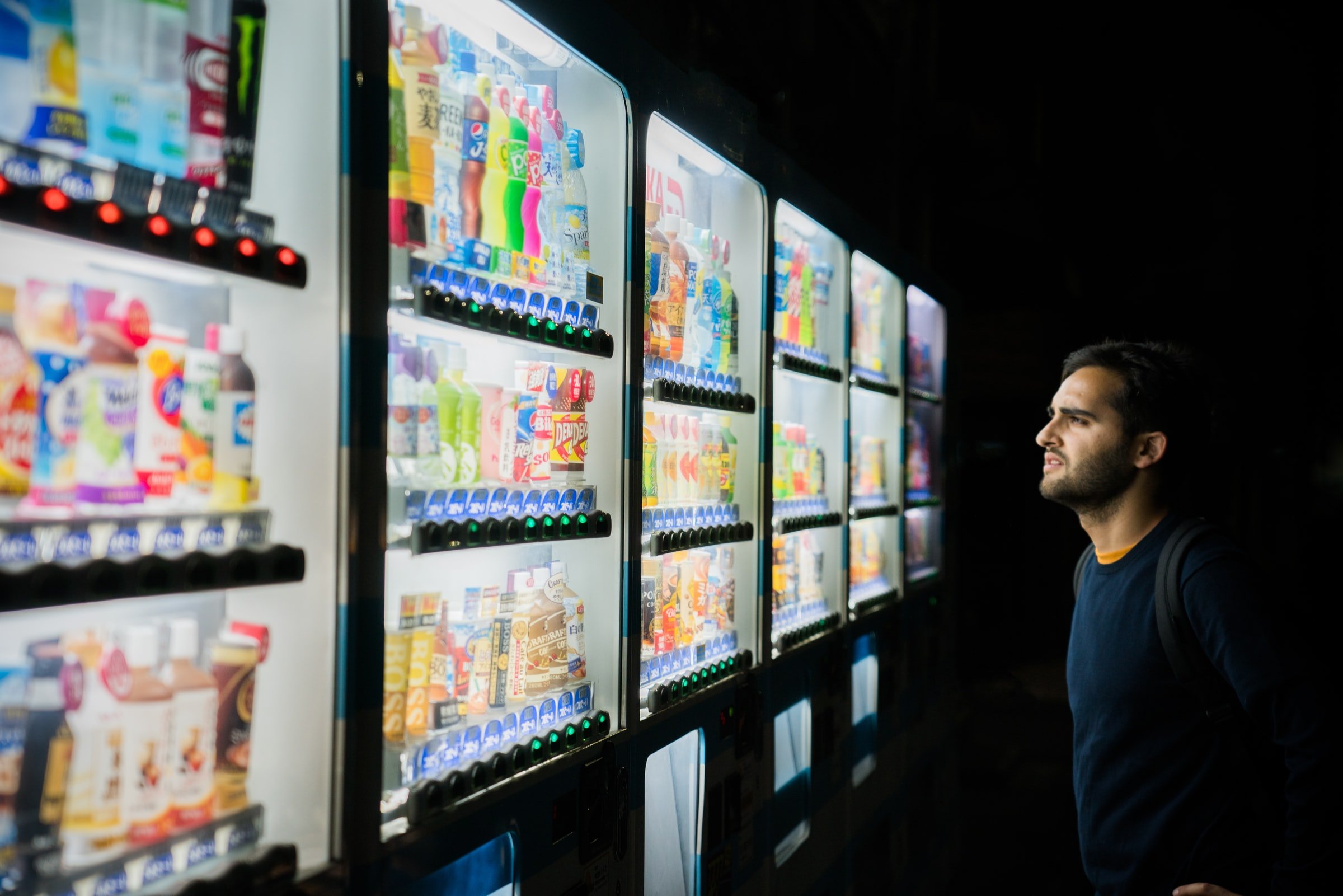On Lies, Conspiracy Theories and Social Development During Lockdown
What makes something true? What makes something false? And how can we tell the difference? This month’s articles focus on how and why we may believe the truth or lie—from perceived lies and our social development to conspiracy theories.
Image: Ben White, Unsplash
Image: Wesley Tingey, Unsplash
Image by visuals, Unsplash
Slow Responses More Likely To Be Perceived As Lies, Study Finds
We all know the classic ways to catch someone in a lie. Averted eyes, higher-pitched responses and nervous hands are all telltale signs someone is being less than truthful with us. But a new analysis from over 14 different studies suggests we also feel people are less trustworthy based on the time it takes for them to reply. A delay of just a few seconds in our response time makes people 35% more likely to believe we are telling a lie. So if you’re going to fib, fib fast.
COVID Lies, Conspiracy Theories Build on Boredom, Beliefs
Do you believe the earth is flat? Or COVID is a hoax? Or birds are just government drones? You might not, but the number of people who do believe in some form of conspiracy theory has skyrocketed during the pandemic. As people spend more time on the internet, exposure to harmful misinformation has increased as well. Echo chambers and our own confirmation biases lead us to believe more and more extreme views that could once be easily brushed aside.
Pandemic Puts Children’s Social Intelligence At Risk
The reason we can detect conspiracy theories and lies in the first place is that we have the social intelligence to do so. But as the pandemic drags on, it’s becoming increasingly apparent that children are losing out on valuable social development, which they would normally get in school and with friends. As lockdowns continue, it’s important for parents to help children talk through their feelings, set up virtual playdates, and take them to places they can be safe.













Dive into the fascinating intersection of psychology and marketing and how to use psychological biases in marketing strategy.